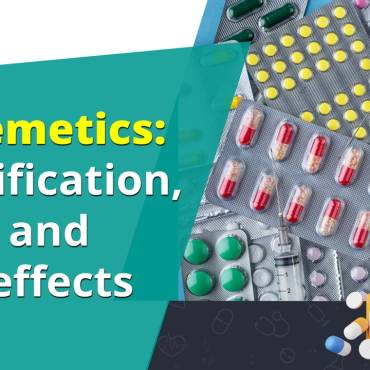Low testosterone is a common condition all over the world in men over 45 years old. The condition can affect you physically, sexually, and psychologically. If a man has low testosterone, the symptoms include an erection problem, reduced sex drive, and bone mass.
Causes of low Testosterone
Hypogonadism, also known as testosterone deficiency, affects approximately 30% of men ages 40 to 79, and the increase and prevalence are associated with aging. Hypogonadism symptoms include fatigue, reduced libido, erectile dysfunction, and negative mood states. The effects of low testosterone in men and women also include reduced lean body mass, increased fat mass, and reduced bone mineral density.
Low testosterone in women
Testosterone levels start to decline as you enter your 30s. But, low testosterone in women can happen at any point in life. In women, ovaries, adrenal glands, and other tissues and cells produce testosterone. Low or excessive testosterone levels can affect your health and impact the levels of other sex hormones in the body. The side effects of low testosterone in women aren’t fully understood. Apart from causing reduced sex drive, low testosterone in women can cause depression and weakness. Signs of low Testosterone in women must be evaluated on time. A testosterone blood test can be done to find the exact testosterone levels in the bloodstream.
Low testosterone in men
Low testosterone in men is increasingly becoming a serious health problem across the globe. If you are concerned about the low testosterone symptoms, then you must know it’s natural for levels to decrease with age. Testosterone levels peak by early adulthood and drop by about 1 to 2% each year as you age. A decrease in the testosterone levels brings a whole range of issues. Since low testosterone levels can have a great impact on a man’s life, it is important to know the signs of low testosterone so that you can treat the condition as early as possible.
Low testosterone levels in men in which your testicles do not produce enough testosterone. There are several causes of low testosterone, including conditions or injuries affecting a man’s testicles, pituitary gland, and hypothalamus. However, signs of low testosterone in a man are treatable with testosterone replacement therapy. Treatment can help gain normal testosterone levels in men.

Most common signs of Low-T
The following symptoms of low testosterone in women and men are not proof of low testosterone on their own. You will need two blood tests showing low levels, usually around 300 ng/dL or lower, depending on the serum testosterone test, before your healthcare specialist makes an official low Testosterone. If Low Testosterone is the reason behind your health complications, then these can be reversed with low testosterone treatment (testosterone replacement therapy).
-
- Reduced sex drive – One of the most common effects of low testosterone is low libido, says clinical experts or urologists. Low testosterone symptoms in men include a decreased sexual drive. Men with low T want less sex, and they even masturbate less. They have fewer erotic dreams and sex-associated fantasies. A drop in libido is common in older people, but low testosterone levels in men cause a more drastic reduction, especially in younger ones.
- Problem with an erection – One of the common signs of low testosterone in a man includes difficulty in achieving and maintaining an erection for satisfactory intercourse. The hormone is essential for stimulating penile tissues to produce nitric oxide, which gives rise to several reactions that cause an erection. If the levels are too low, then it is tough to get an erection.
- Bone loss – Low testosterone can greatly impact bone health; its decreasing levels can cause osteoporosis in men. Therefore, it is essential to maintain the optimal hormone levels to maintain bone density, particularly in aging.
- The decrease in muscle mass and increased body fat – Testosterone helps build muscles and lose fat. Its low levels can contribute to a loss of muscle mass and the accumulation of body fat, particularly around the belly area. However, studies revealed that a change in muscle mass doesn’t always affect muscle strength and function.
- Sleep disturbances – If you are dealing with insomnia, frequent awakenings, or something else associated with disordered sleep, your low T could be the reason behind your disturbed sleep.
- Decreased semen volume – In addition to affecting your ability to achieve and maintain a penile erection, low testosterone may also affect the volume of semen you ejaculate during intercourse.
- Low energy levels – Many men with low testosterone are found to have decreased energy levels or chronic fatigue even after adequate sleep.
Also, be aware of signs of high testosterone, which include acne, excessive body hair, increased appetite, high sex drive, high blood pressure, heart or liver problems, and aggressive behavior.

Summary
Testosterone is an essential hormone that regulates sex drive, fat distribution, bone mass, building muscle mass, and strength. Furthermore, the hormone turns a boy into a man. It is responsible for the deep voice in men; it causes hair to grow on your face and chest. It produces a whole host of other changes, both physical and mental. The testicles mainly secrete it, but some amount is also in the adrenal gland. Low levels are treatable with testosterone replacement therapy.
Also Read: Common Myths and Misconceptions about Erectile Dysfunction



